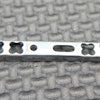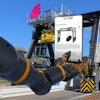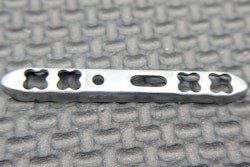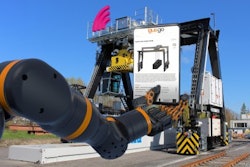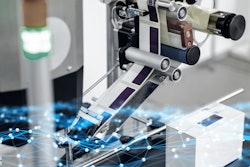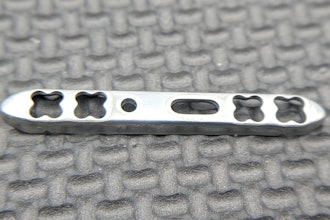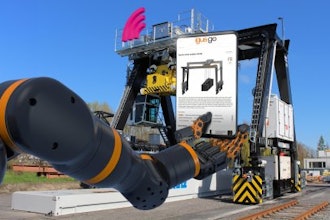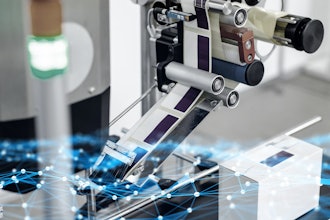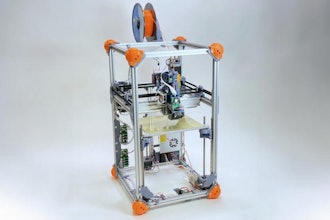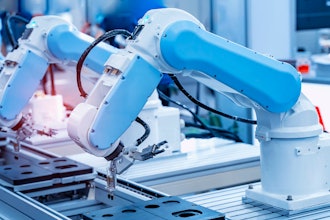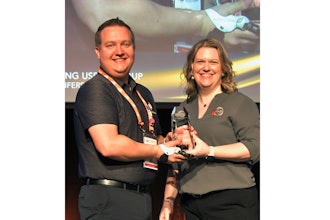TAIPEI, Taiwan (AP) – Taiwan has given approval for three semiconductor companies to invest a combined $825 million in China, in a sign the island's government is softening its long-standing opposition to high-tech investment by local firms in its political rival.
A cross-ministerial committee has approved a $400 million investment by Powerchip Semiconductor Corp. and a $365 million investment by ProMOS Technologies Inc. Both companies produce memory chips.
The committee also approved a $60 million investment by Advanced Semiconductor Engineering Inc., the world's largest chip-packaging company by revenue.
Similar to manufacturers around the globe, Taiwanese chip companies are looking to move their manufacturing base to lower-cost centers such as China due to increasing competitive pressure to cut costs. But Taiwanese companies have been at a disadvantage due to the tight curbs the island's government places on investment in mainland China.
Since it came to power in 2000, the independence-leaning government of President Chen Shui-bian has discouraged Taiwanese companies from investing in the mainland, fearing that additional economic ties to Beijing would reduce the island's wiggle room in the event of political confrontation. Taiwanese investment in China already exceeds $100 billion.
Taiwan and China split amid civil war in 1949, and Beijing has threatened to attack if Taipei moves toward formal independence.
While Taiwan's approval of the investments won't be financially meaningful for the two chipmakers as it involves older 0.25-micron production technology, analysts say it's a significant ''first step.''
''Practically, there's not much help from this move to memory chip firms, but it does show the government has become more willing ... and this may be just the first step to allowing more advanced technologies (to be used in China),'' said Li Fang-Kuo, head of industry research at SinoPac Holdings.
ProMOS and Powerchip will use the 0.25-micron technology to make eight-inch wafers. The memory-chip makers won't enjoy an immediate revenue contribution because it will take time to build the necessary facilities in China, and as memory chip makers around the world are already migrating to the more advanced 0.09-micron technology.

